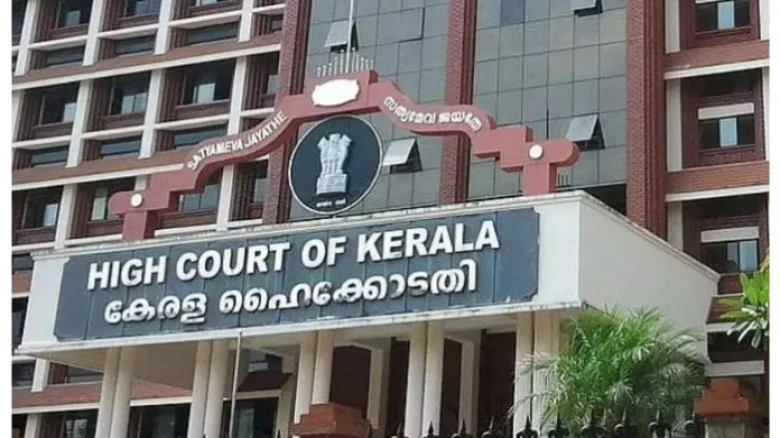The Kerala High Court aimed to protect the deity's holy worship and not all Hindus can perform the pooja as Archaka who knows all mantras and rituals can perform it well.
Digital Desk: The Kerala High Court dismissed a batch of petitions submitted under the notification issued by the Devaswom Commissioner of the Travancore Devaswom Board for the years 2017-18, 2021-22 for the appointment of Melsanthies (Malayala priest) of Sabarimala Devaswom and Malikappuram Devaswom. The challenge was against the eligibility criteria given in the notifications that the applicant shall only be a 'Malayala Brahmin'.
The Division Bench comprising Justice Anil K Narendran and Justice P G Ajithkumar relying upon the Apex Court decision in Sri Venkataramana Devaru v. State of Mysore (1985) and Seshammal v. State of Tamil Nadu (1972) stated that Archakas are temple priests who perform essential poojas or ceremonies and it was considered as an essential religious practice given under the Article 25 of the Indian Constitution.
“As held by the Constitution Bench of the Apex Court in Sri Venkataramana Devaru [AIR 1985 SC 255] the right protected by Article 25(2) (b) of the Constitution is the right to enter into a temple for the purpose of worship. It does not follow from this that, this right is absolute and unlimited in character. No member of the Hindu public could claim as part of the rights protected by Article 25(2)(b) that a temple must be kept open for worship at all hours of the day and night or that he should personally perform those services, which the archaka’s alone could perform.”
It started on 27th February when petitioners claimed that Malayala Brahmin does not have any special privilege and such restrictions are illegal and may create violations among the folks under Articles 14, 15, 16, and 17 of the Constitution of India.
It was submitted that there was no law mandating that such appointments would be governed by the usage of hereditary succession. They submit that as long persons were fully versed, qualified perform to poojas, and trained in duties, mantras, tantras, and necessary vedas, irrespective of their caste, there was no infringement of freedom of religion under Articles 25 and 26.
The Kerala High Court aimed to protect the deity's holy worship and not all Hindus can perform the pooja as Archaka who knows all mantras and rituals can perform it well. The High Court noticed that the hereditary principle of appointment followed was a vital religious practice under Article 25, 26 of the Constitution of India and regarded it as a secular activity.

Leave A Comment